Resolve to be Useful
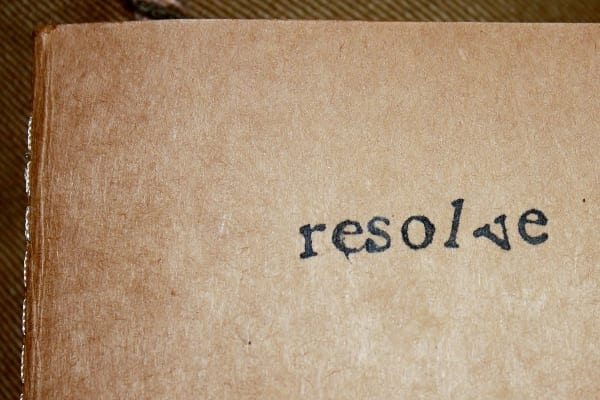
I’ve been noticing the conversation “out there” about resolutions. The tide seems to be shifted away from resolutions 
Humans are part of a cyclical planet. Cycles have pulsation. Resolve is part of the pulsation. If we don’t take time out to reflect on what is working… what isn’t working… what needs reformation… what is worthy of celebration… then we are missing out on being fully human.
- Resolve to become even more useful.
- Resolve to be seated in a cosmo-centric perspective… and get out of day-to-day “I-me-my” as John Lennon so aptly expressed.
- Resolve to live outside the box if the box isn’t working for you.
- Resolve to eat the food that makes you feel good.
- Resolve to listen before speaking.
- Resolve to sit, reflect, journal on what is worthy of your resolve in the coming year.
Resolutions aren’t going anywhere. Resolutions are useful. Resolutions are our resolve. What do you resolve to become.
Take time to resolve.
And if your resolve involves evolving your habits… read on:
Evolving Your Identity
- Why you need to start with your Identity
- How to change a habit
- How to discover why you repeat an outdated habit
- Why repetition beats performance every time
- How to schedule your way to being superhuman
One of the big breakthroughs James points out is that to change your habits you have to decide and commit to the kind of person you want to become.
Evolve your Habits by consciously choosing your identity.

“Your current behaviors are simply a reflection of your current identity. What you do now is a reflection of the type of person that you believe that you are (either consciously or subconsciously). To change your behavior for good, you need to start believing new things about yourself.”
– Foundations of Strength by James Clear
Decide the Kind of Person who Want to Become
Most of us haven’t been indoctrinated into habit change with this crucial step. To get it, answer this question: I want to the kind of person who ______________.
Here … do it as an exercise. I want to the kind of person who _____________________________.
I want to the kind of person who also _____________________________.
And, I want to the kind of person who _____________________________.
You need to decide what kind of person you want to be… and then you get to implement the kind of habits that a person like that has. Those habits are the 2nd order stuff: the strategy. But if you skip the identity… good luck with the strategy. It’s a cart before the horse thing, and when things are out of sequence… they don’t work so good.
In Yoga and Ayurveda, the concept is Ahamhara – or the separate self sense. Buddhi or our cosmic intelligence and Ahamhara – our limited self-sense are two entirely different entities or aspects of being human. Ahamhara is usually sourced from the past – your past behavior, your past habits… the momentum of your past imprinting your future.
When you tap into Buddhi you have an infinite field of possibility to choose who you are to become. You set aside your past identity. You choose from your informed resolve. Who are you going to be now? It’s reinvention of your identity at it’s best. Then, you need to bite the bullet of scheduling your resolve.
Goals vs. Scheduled Practice
“The schedule is your friend.” James Clear Performance and appearance goals are great, but they aren’t the same as habits. If you’re already doing a behavior, then these types of goals can help drive you to the next level. But for most of us, they aren’t grounded in a scheduled reality. Scheduling in the behavior (the habit) that if done repetitively will guarantee the goal… now you have a plan. The general rule of thumb in this arena is to focus on scheduled repetition. Make your scheduled habits do-able…. so easy you can’t blow it off. In Yoga Health Coaching this is the four legs to the chair, so to speak. If you want to lose 20 lbs. for example… but you don’t schedule an early dinner for yourself repetitively, or most of the time, well good luck with the 20 lbs. Cutting out gluten or meat or whatever you decide to cut out this time won’t work if you continue to have the majority of calories at the end of your day.
Listen to the Habit Evolution Podcast
Enough said. Get it from the horses mouth and listen to James.
And let me know below:
I want to the kind of person who _____________________________.
Then, schedule your resolve.



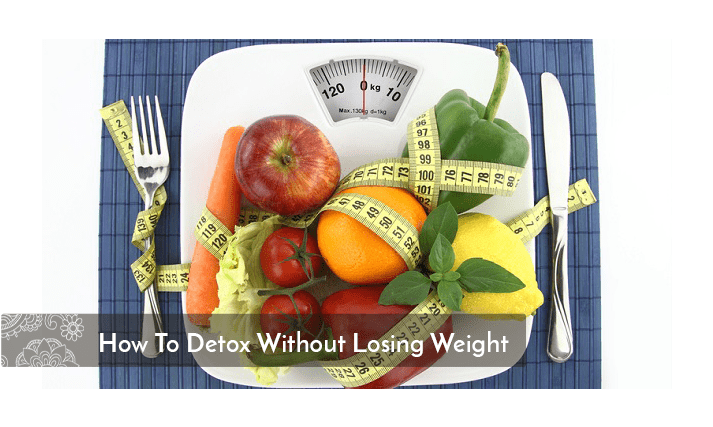
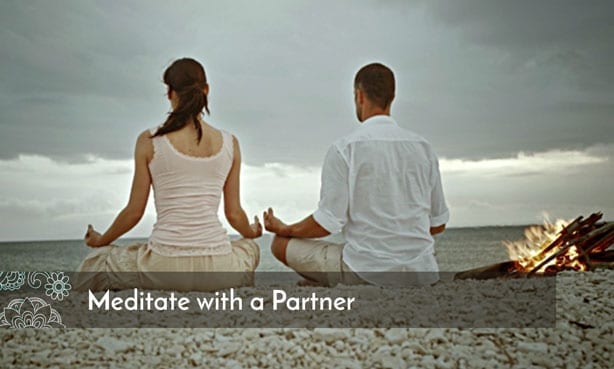


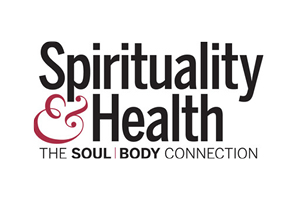




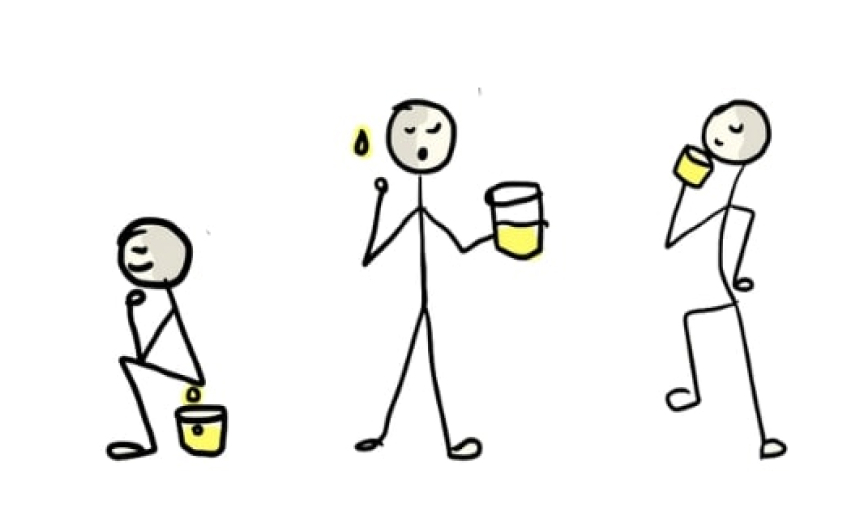
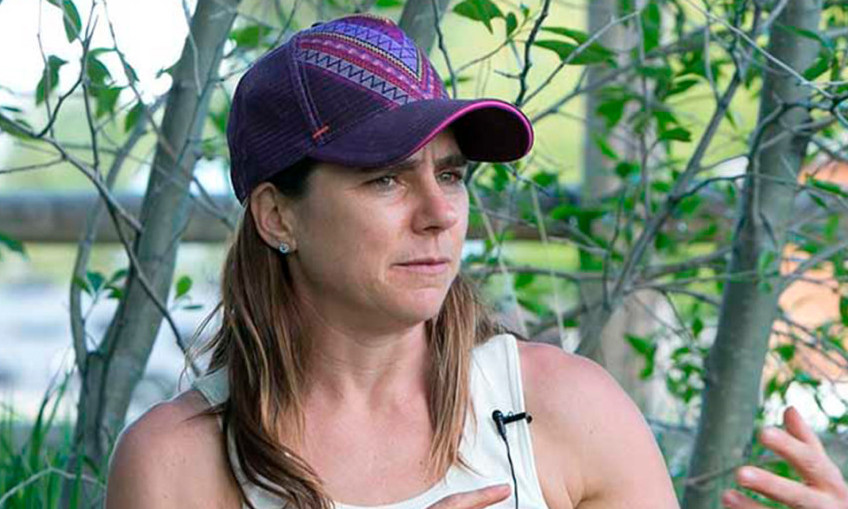
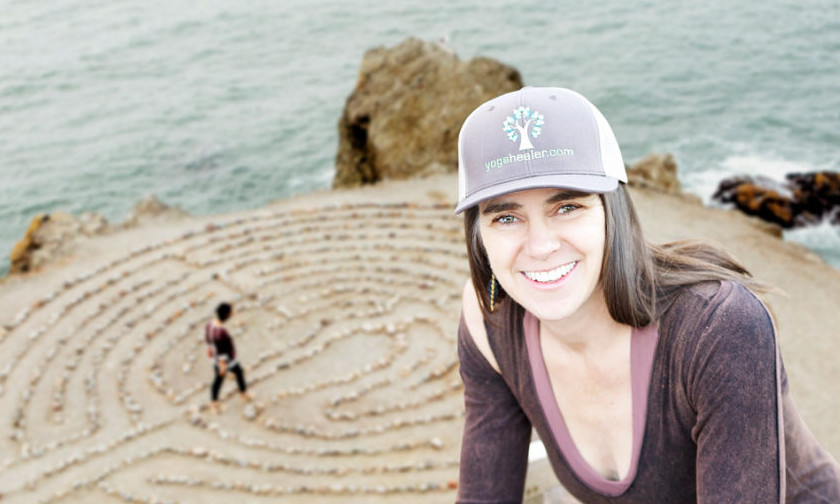
Comments
No comments yet, be the first to comment